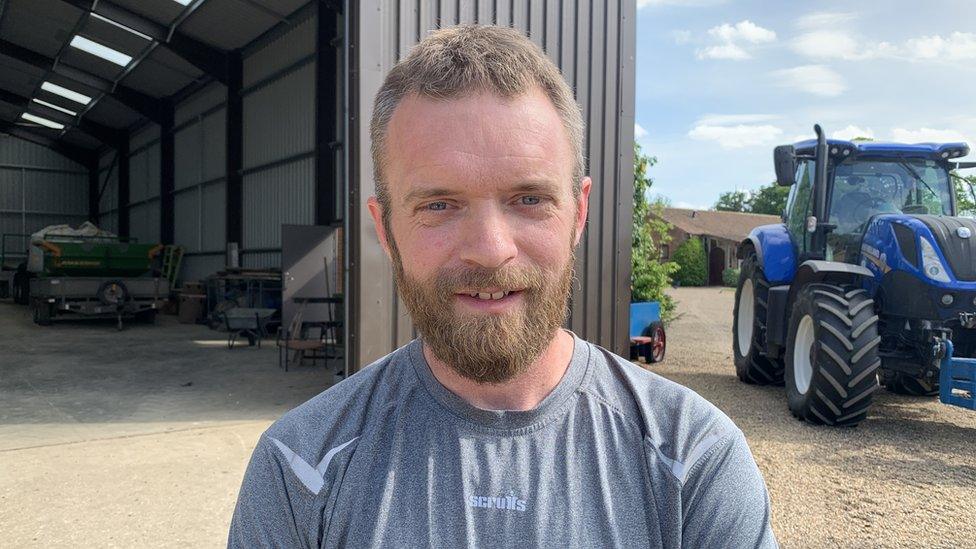Cost of living: 'I'll be struggling without some financial help'
- Published
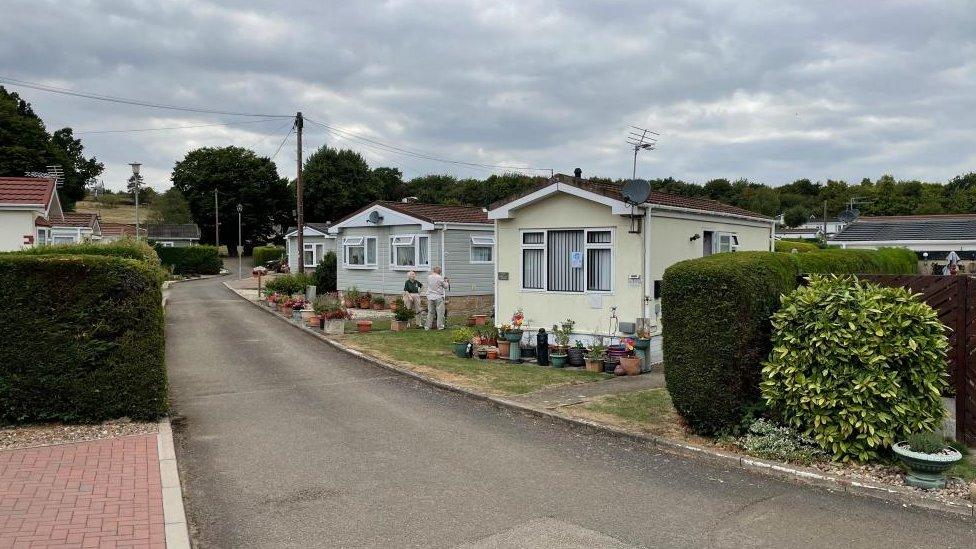
Some residents like those in park homes say they have not been helped with rising energy prices but the government says help is coming
Many households are facing a jump in energy prices but some residents say they do not feel protected from increased costs. It includes people who use liquefied petroleum gas (LPG) who are not covered by the price cap set by the regulator, and those who live in park homes. How are they coping?

'I just cut down on everything'
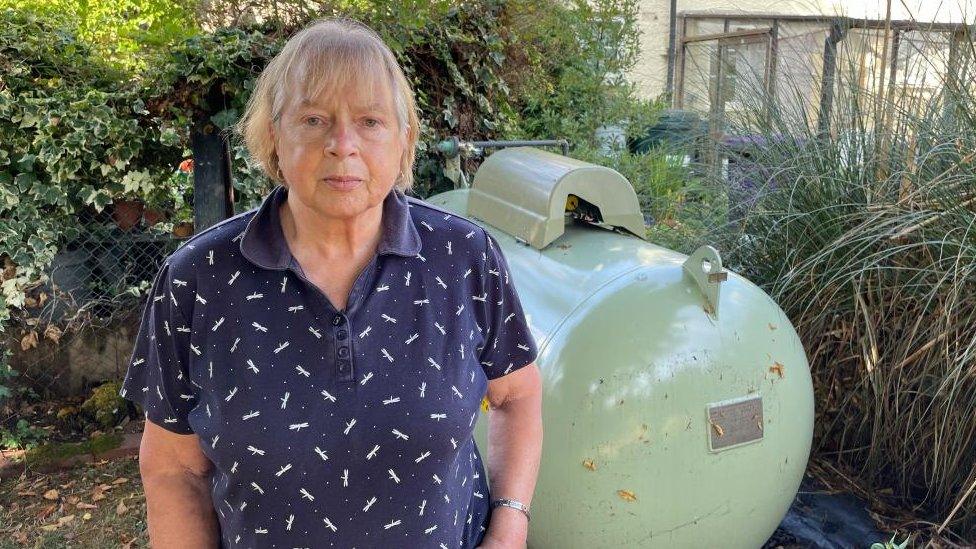
Margaret Lythall says many people who use LPG will see price rises
Margaret Lythall lives in a house in Halls Green, north Hertfordshire, and uses LPG as her home is not connected to mains gas. She says prices for LPG went up by 15p in April to 73p a litre.
Unlike mains gas, LPG is not covered by the regulator-set price cap.
"When you've got 1,000 litres [of LPG] with an extra 15p that's quite a lot of money," she says.
The grandmother, who has lived there for 42 years, says: "All the gas comes from the tank to heat the house and heat the water.
"In the winter I don't put the central heating on as I have a gas fire in the room."
Her bill has increased to £77 a month for her gas, from £59 last year.
"I just cut down on everything, I don't have anything on I don't have to and the same with the electric - I turn everything off at the plug," she says.
"I don't cook hot meals very much," she says, and adds she only has a shower once a week and the rest of the week she washes in the sink.
Because Margaret pays her bills by direct debit, she should receive some help through the government's Energy Bills Support Scheme from October.

'Food bills are going up, utility bills are going up'
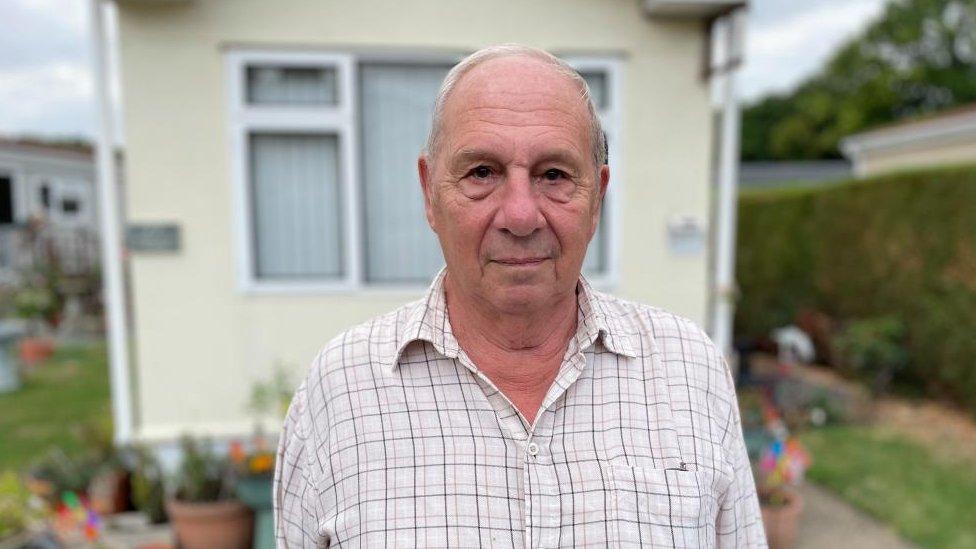
Jacques Haines says many park home residents have lower incomes from their pensions
Jacques Haines lives in a park home on the outskirts of Blisworth in Northamptonshire. As a third-party electricity user, he pays the park home owner for his electricity rather than to an energy provider directly. He says his electricity has gone up by 1p per unit.
He is one of the 1% of households who say they do not know how they will receive help.
"It doesn't sound like a lot but on 1 August last year my electricity bill was £10, this year it was £21," he says.
The 75-year-old says he will not know what his gas will be until December, but currently his provider says it has gone from 46p per litre to 70p per litre.
"The way prices are going at the moment I can cope but in the future I think I'll be struggling without some financial help," he says.
He says he is "annoyed when I hear politicians telling us every household qualifies [for help], we're a household and we don't qualify".
"The majority of people who live on the park are retired and live on pensions.
"Food bills are going up, utility bills are going up, every household should be entitled [to help]," he adds.
The government says they will receive some money in October, external and more help is planned.

'Support for those who need it most'
At the end of last month, the Department for Business, Energy and Industrial Strategy said all households would start receiving £400 off their energy bills from October.
It added, external funding would be made available to provide equivalent support to the 1% of households not reached through the scheme.
This includes those without a domestic electricity meter or a direct relationship with an energy supplier such as park home residents, it said.
The government said on Friday: "Direct support will continue to reach people's pockets in the weeks and months ahead, targeted at those who need it most like low-income households, pensioners and those with disabilities."

Find BBC News: East of England on Facebook, external, Instagram, external and Twitter, external. If you have a story suggestion email eastofenglandnews@bbc.co.uk, external
Related topics
- Published26 August 2022
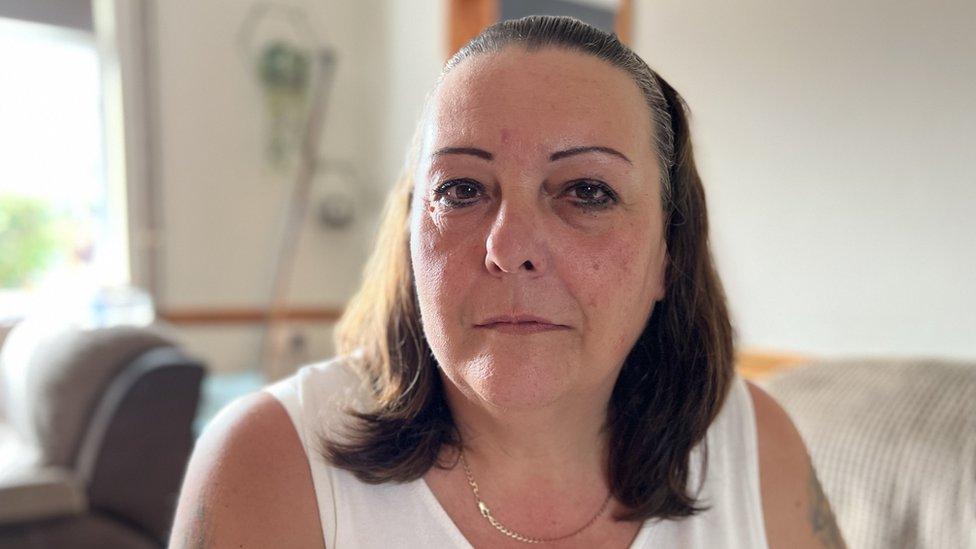
- Published26 August 2022
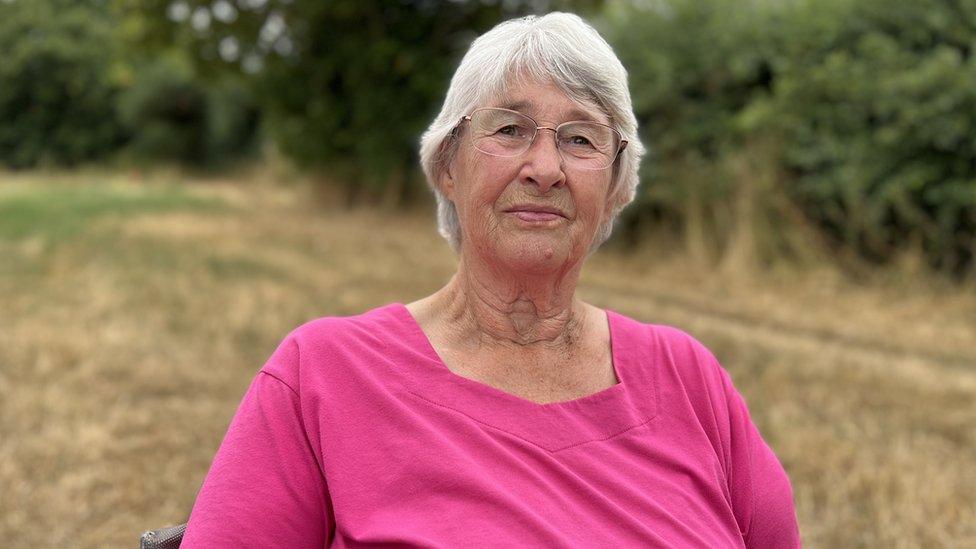
- Published17 May 2022
